
Blissful holidays to all my fellow Put on OS watch house owners and a preemptive completely satisfied new yr! Final week, I regarded again on Put on OS’s strongest yr but and promised that I might share my predictions for what may occur with Android smartwatches in 2025. So right here I’m, bearing the promise of presents for loyal Put on OS customers — and a few lumps of pessimistic coal.
I am optimistic that 2025 can be a transformative yr for Put on OS watches, constructing off of 2024’s robust basis and the long-awaited payoff of recent Snapdragon {hardware} and Google’s Gemini push.
That stated, we are able to additionally see warning indicators in what occurred in 2024 that would result in some angst for Android watch house owners this yr — relying on which model you personal. So good and unhealthy, let’s break down what we anticipate to see from Put on OS watches in 2025, each for {hardware} and software program!
New Snapdragon {hardware} (and a swap to RISC-V)
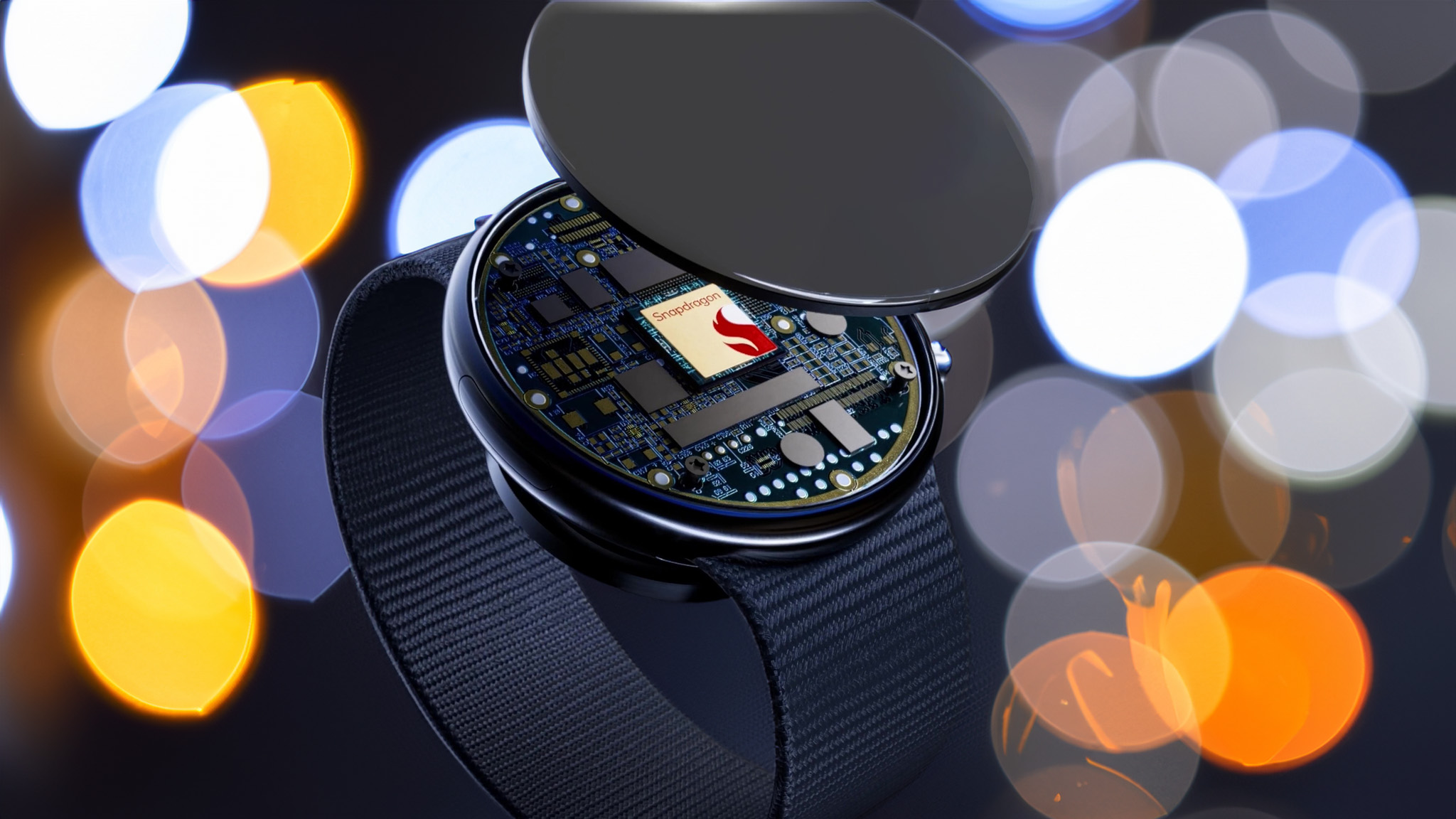
Google, Mobvoi, OnePlus, and Xiaomi used the 2022 Snapdragon W5 Gen 1 SoC in practically all of their Put on OS watches over the past 2.5 years. Not like annual smartphone chips, watches do not have an utility like gaming that requires a lot headroom; these watches are speedy sufficient with 2GB of RAM and outdated silicon. Nonetheless, it is honest to anticipate an improve in 2025, as the newest Put on used a Cortex-A53 core first introduced in 2012.
I interviewed Qualcomm VP Dino Bekis about Snapdragon Put on in October, and he all however promised that they’d have a Snapdragon Put on chip announcement in 2025. Whereas he supplied no specifics about cores, he described it as a “feature-focused” and “AI-driven” chip that would “scale for a number of years” as a result of it will have sufficient compute functionality to focus on no matter instruments OEMs need.
Assuming it follows Qualcomm’s naming conventions, the Snapdragon W5 Gen 2 would in all probability energy most Put on OS watches by means of 2027. It could use RISC-V, the open-source, energy-efficient platform with customized cores that Qualcomm and Google first partnered on in 2023.
Bekis stated the 2 corporations are nonetheless engaged on porting Put on OS software program to RISC-V and that the transition may make Put on OS watches longer-lived, with “every week’s value of battery life” because the aim. I doubt we’ll hit that anytime quickly, but it surely’s one thing to hope for.
Anshel Sag, principal analyst for Moor Insights & Technique, referred to as the potential RISC-V change “extraordinarily attention-grabbing,” praising that they’d have cheaper customized chips specialised for the appliance and that it will “open the door” for brand new instruments. He warned me that he “thinks RISC-V will nonetheless take a bit longer than anticipated,” however “the payoff might be big.” That might lead Google into on the lookout for options for its Pixel Watch 4, if it isn’t prepared by the 2025 deadline.
Google faces a Snapdragon/Tensor crossroads
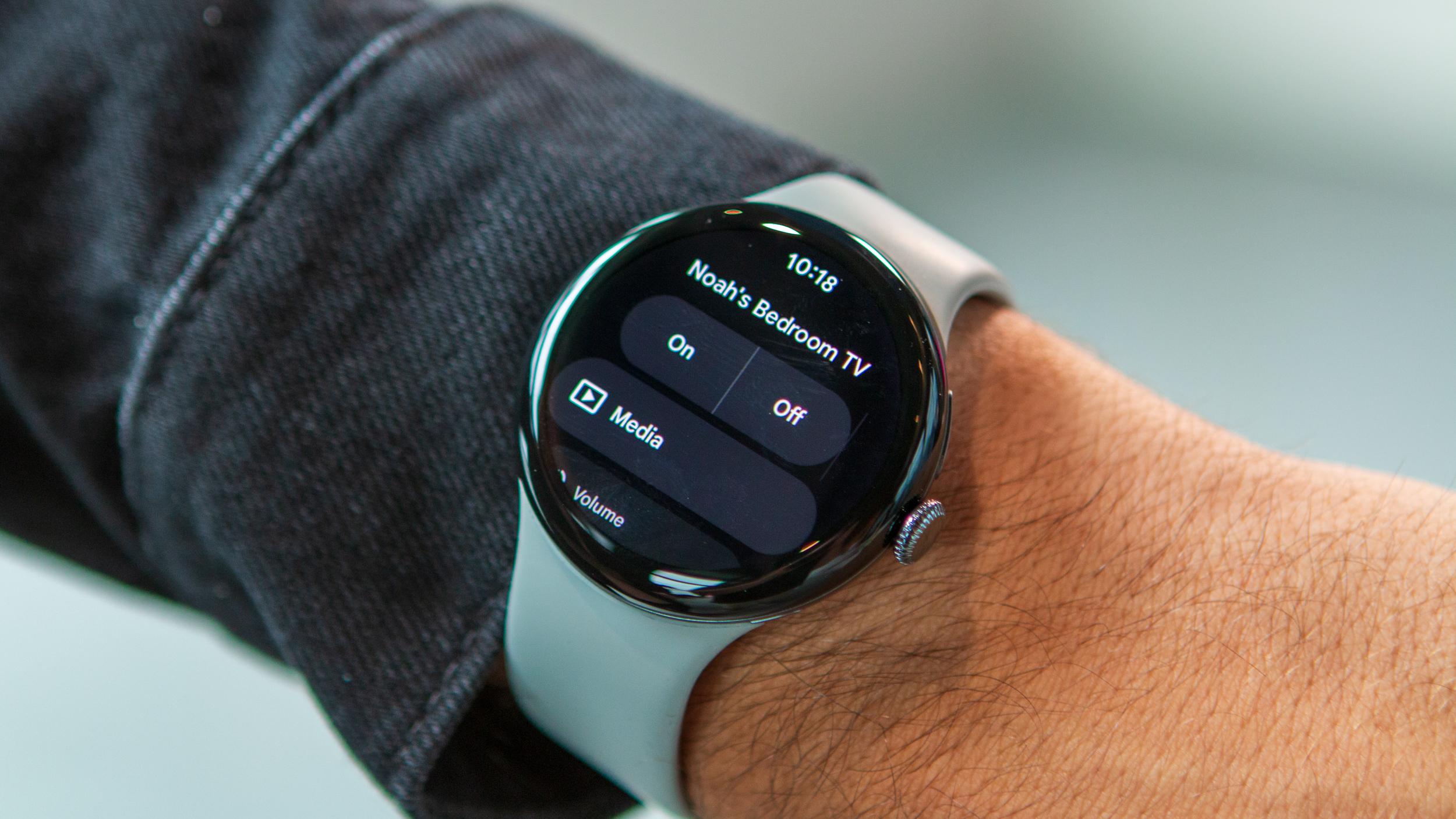
You’d moderately assume the Pixel Watch 4 will use the Snapdragon W5 Gen 2, however one leak instructed Google would possibly play it secure and develop a Tensor chip in-house that is primarily a lower-powered model of the Exynos W1000 within the Galaxy Watch 7, with a 2020 Cortex-A78 core and two Cortex-A55 cores.
Google’s present Tensor technique with telephones is to focus extra on in-house improvement (partnered with Samsung LSI) and highly effective AI efficiency on the expense of benchmarked energy. Google may take the same strategy with watches, deciding it would not want a lot headroom and placing extra emphasis on a strong NPU for Gemini duties slightly than pay Qualcomm a premium to license its Snapdragon chips.
Google’s partnership with Samsung underpins Put on OS’s success, and staying in lockstep would make joint software program improvement simpler. Or it will go all-in on RISC-V to try to differentiate its Pixel household from Samsung’s. I can solely speculate on which path Google will take; I hope it chooses the latter, just because it will make the Pixel Watch 4 in 2025 extra intriguing, whereas additionally worrying that Google will take the safer route.
Well being and health will stay a main focus
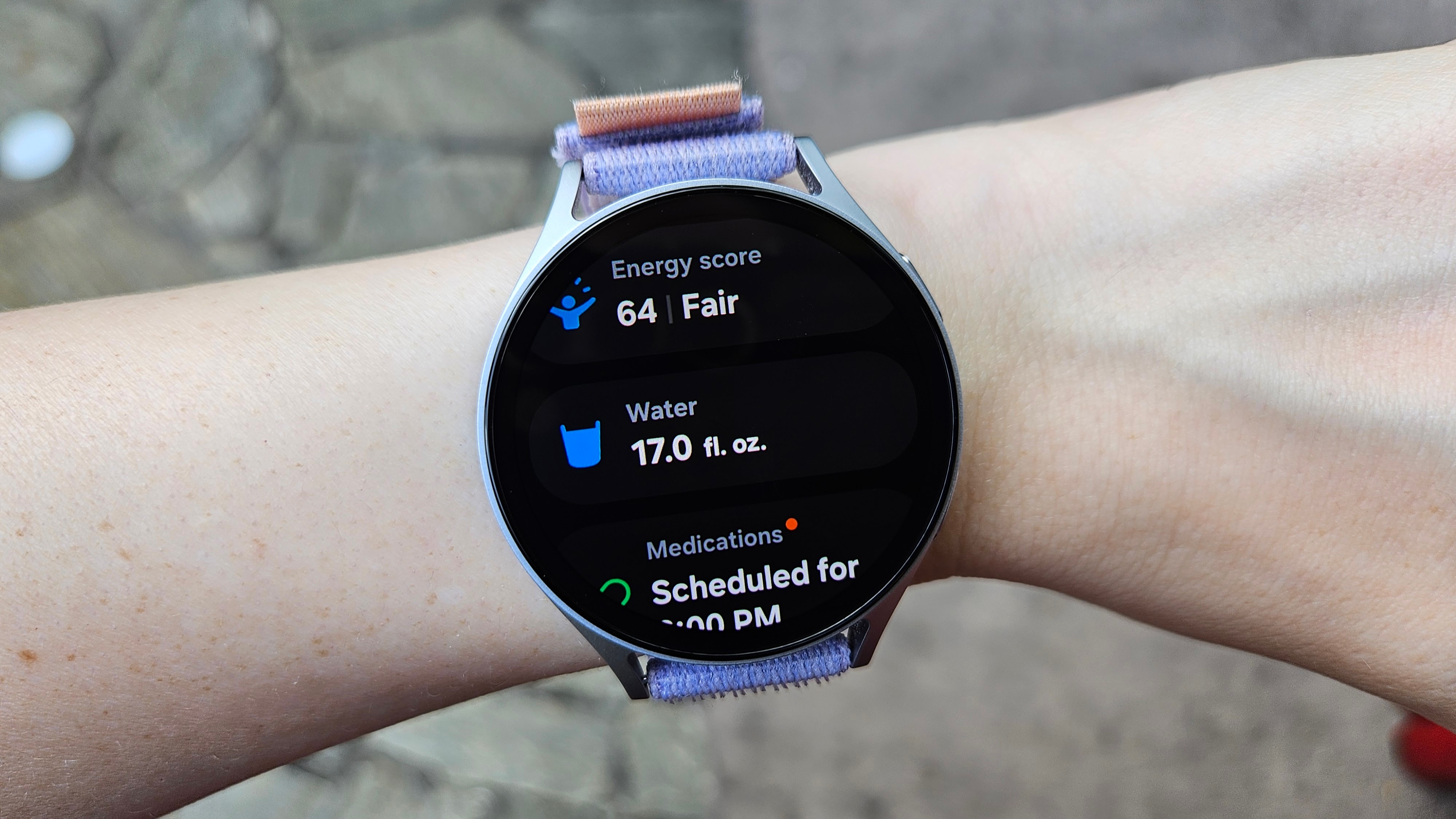
That is such a secure guess that I will not spend too lengthy dwelling on it. Nonetheless, Put on OS 6 will proceed Google and Samsung’s quest to attempt to sustain with health rivals like Apple and Garmin.
A wholesome portion of Put on OS 5 and One UI 6 Watch updates targeted on well being options (e.g., sleep apnea / Power Rating / Cardio Load) and exercise instruments (e.g., AI teaching / operating type evaluation / tempo or HR targets throughout exercises).
With Put on OS 6 watches, Google will hopefully add dual-band GPS like Samsung, in addition to give attention to different sports activities like biking and weightlifting to enrich its newfound operating focus. Samsung will in all probability copy Google and Apple and implement some type of coaching load function, exhibiting the short- and long-term affect of exercises.
We may additionally see new well being instruments, however I will stay skeptical of non-invasive blood glucose till it occurs, regardless of what number of occasions corporations say they need to do it. And I do not know what different non-gimmicky knowledge factors these corporations have left so as to add; possibly psychological well being would be the subsequent smartwatch focus.
Gemini will blow up on smartwatches
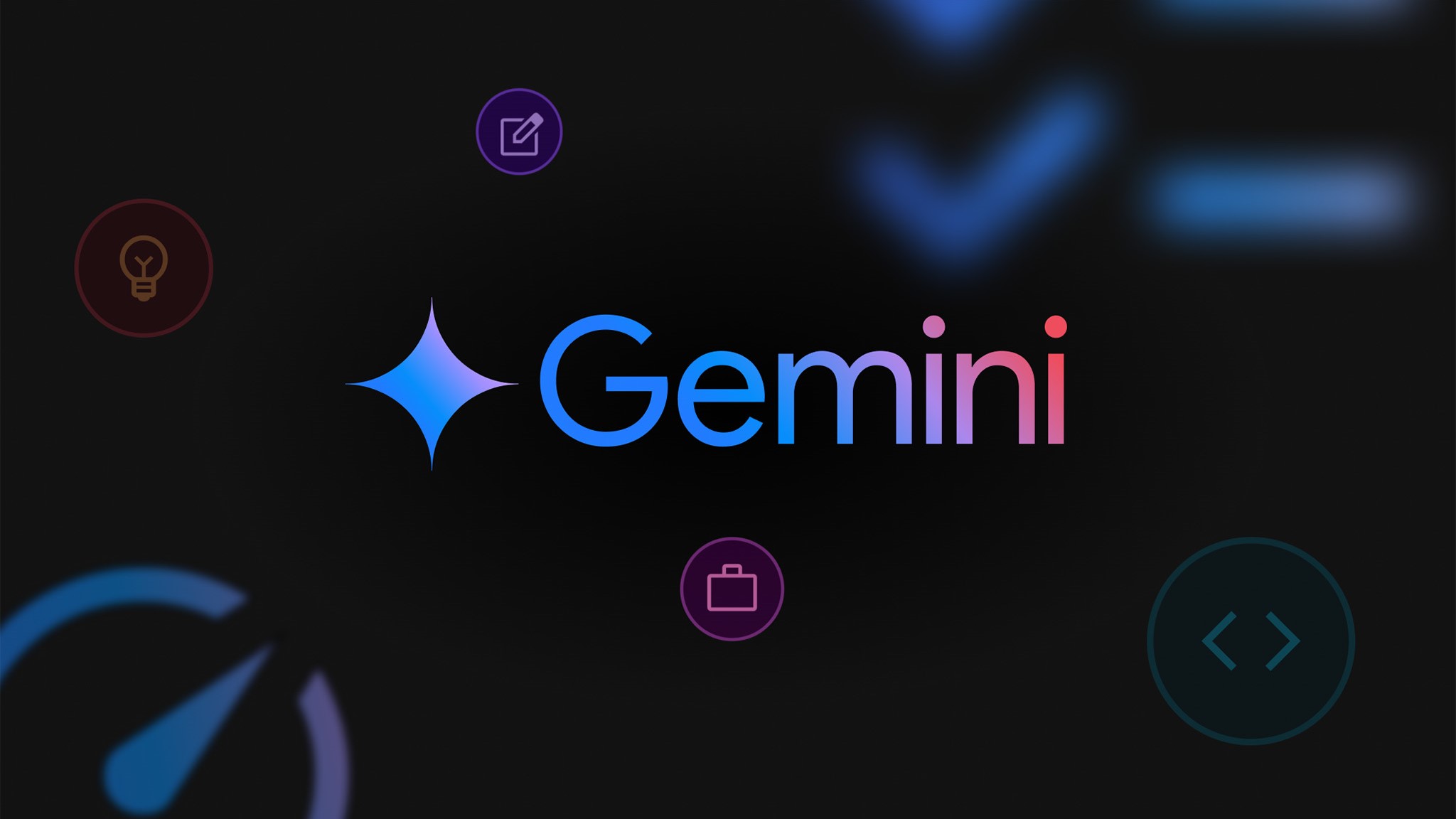
Google spent 2024 cramming Gemini into each Google service and product that would help it, and ended the yr promising that Gemini can be the baseline for its new sensible glasses OS, Android XR. Even when I haven’t got any proof, I am pretty assured Google will make Gemini accessible with Put on OS 6 as a Pixel Watch 4 killer app — probably a stripped-down model of Gemini Dwell.
This assumes Google can take Gemini Nano — the “smallest” model for smartphone on-device AI instruments — and port it all the way down to work on a smartwatch processor. It would rely on what sort of energy the Snapdragon W5 Gen 2 can ship, and will shut out present Android watches with last-gen {hardware} not designed for Gemini.
“On the Gemini entrance, I feel Google nonetheless wants to determine a method to get Gemini to run easily on such performance-limited {hardware},” Sag advised me. “That might include RISC-V or another extra succesful platform.” However he agreed that “proper now I do not suppose Google Assistant efficiency is the place it needs to be,” and stated that he may see AI changing into “the connective material between all of our wearables.”
If I am unsuitable that Gemini will be scaled all the way down to wearable type, I nonetheless anticipate Google so as to add extra AI-powered methods to Put on OS in some type. For instance, it may add its Fitbit Perception Explorer to the Pixel Watch 4, so you may ask for context about your latest exercises — just like Zepp Coach on Amazfit watches.
Samsung, which has at all times supplied Bixby and Assistant, would additionally get entry to Gemini. It lately unveiled Bixby AI with LLM capabilities, but it surely’s unique to Chinese language telephones for now; we do not know if it might be prepared by the Galaxy Watch 8. Nonetheless, One UI 6 Watch had loads of AI methods like Power Rating and auto-suggested replies, and Samsung will in all probability give attention to different area of interest options, with a mixture of cloud computing and on-device methods.
Samsung WON’T go the squircle route with Galaxy Watch 8
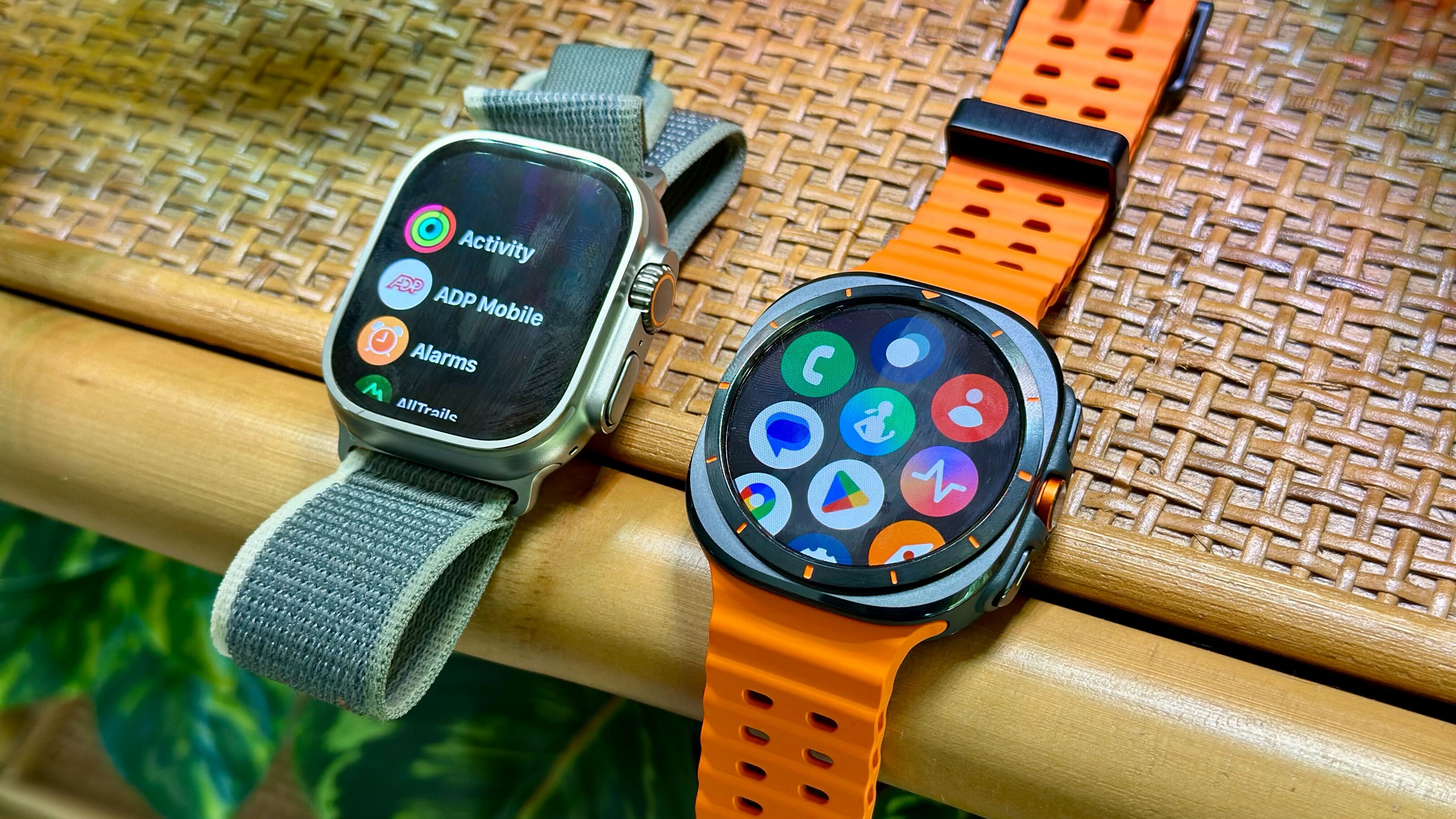
In March 2024, SamMobile reported inside information that Samsung was “trying to carry again the squarish design for its smartwatches,” with “enthusiastic” inside help for the plan. The Galaxy Watch 8 appeared the probably candidate.
Samsung hasn’t offered a squircle watch because the Gear S in 2014; though the Galaxy Watch Extremely seems extra square-shaped as a result of its titanium bezel, the show remains to be round. On the time, some Galaxy Watch followers resented the thought of abandoning the standard watch search for the squircle design so intently related to Apple Watches.
I did not thoughts the thought on the time and located the report believable. However I lately remembered this August report that Samsung chairman Lee Jae-yong allegedly lambasted the MX Division for “design plagiarism,” with the Galaxy Watch Extremely and Galaxy Buds Professional 3 too just like the Apple Watch Extremely 2 and AirPods Professional in options and appears.
Lee’s “indignant” response makes me doubt that Samsung’s inside enthusiasm for squircles will make it onto a mainline Galaxy Watch. Even when Samsung designed a squircle watch earlier than Samsung, most individuals would nonetheless see it as copying Apple, and that appears to be a sore spot for its chairman.
So do not be stunned if the Galaxy Watch 8 seems lots just like the final 4 Galaxy Watches: machine-cut, flat, and bezel-less. As for different fashions, we’re due for our biannual Galaxy Watch 8 Basic, and Samsung would possibly hold promoting the Extremely as is for an additional yr earlier than progressing to the Extremely 2 (or abandoning it prefer it did the Watch 5 Professional).
Put on OS will carry again Facer
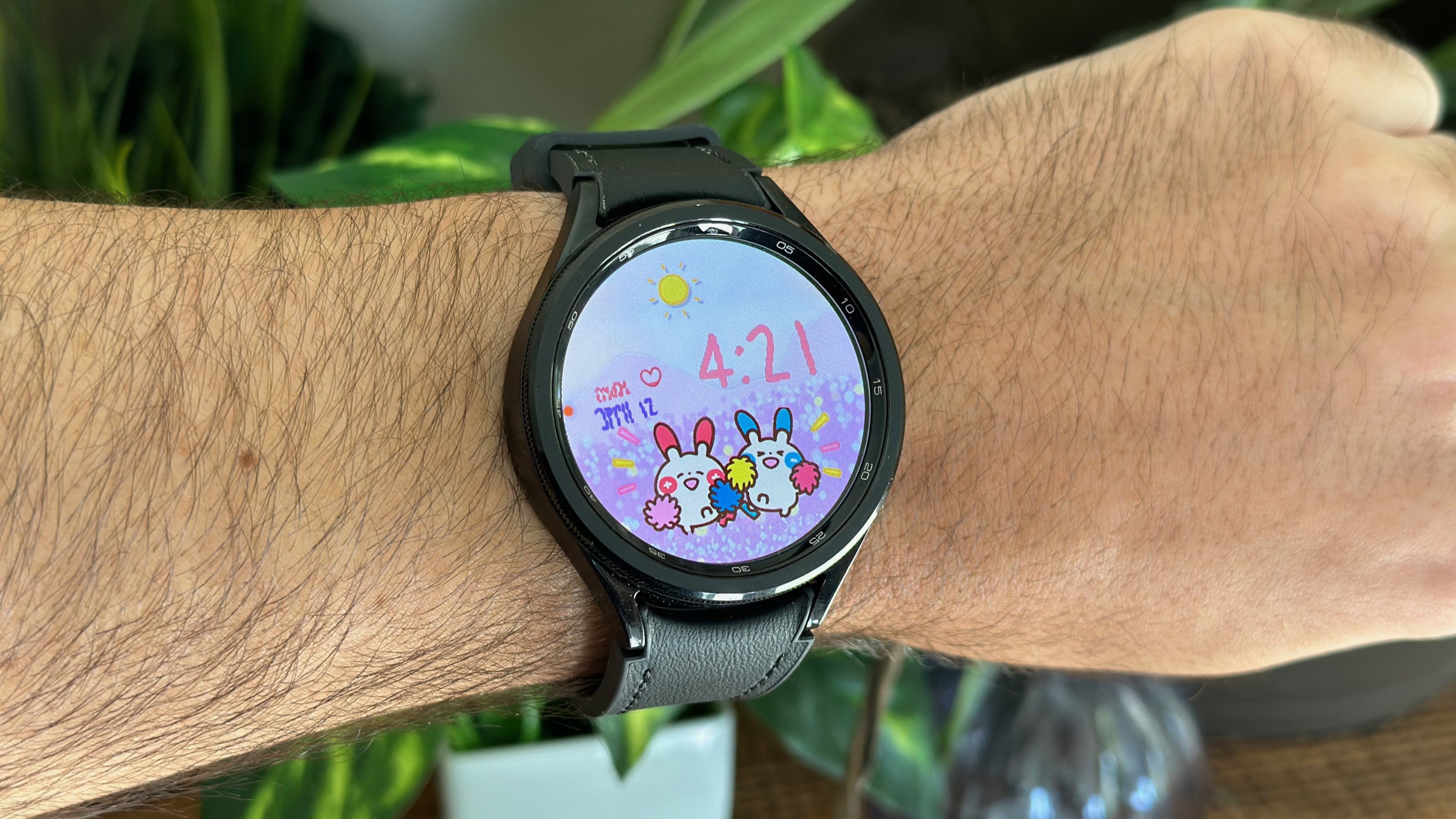
This can be nothing greater than wishful considering since Facer was certainly one of my favourite Put on OS apps earlier than Google made the XML Watch Face Format the default on Put on OS 5 to increase battery life and left the decade-old app and its builders excessive and dry. However I need Facer again, and I feel it will occur in 2025.
Google will not return on its restriction and let battery-guzzling faces again on Put on OS; they make the watches look short-lived for aesthetics. However its present resolution — scrolling by means of a protracted record of watch faces within the Play Retailer with none group — is horrible. Facer says it is “working exhausting with Google to unravel this subject” and supply another, and I consider them.
My guess is that Google will as soon as once more enable third-party apps to share watch faces to Put on OS so long as they’re XML-coded, which might let Facer again onto new Put on OS watches — even when most of its 500,000 faces aren’t suitable anymore. On the very least, enjoyable XML watch faces can be far more findable on Facer, which might, in flip, incentivize builders to begin making inventive XML faces for us.
My much less dependable 2025 Put on OS predictions
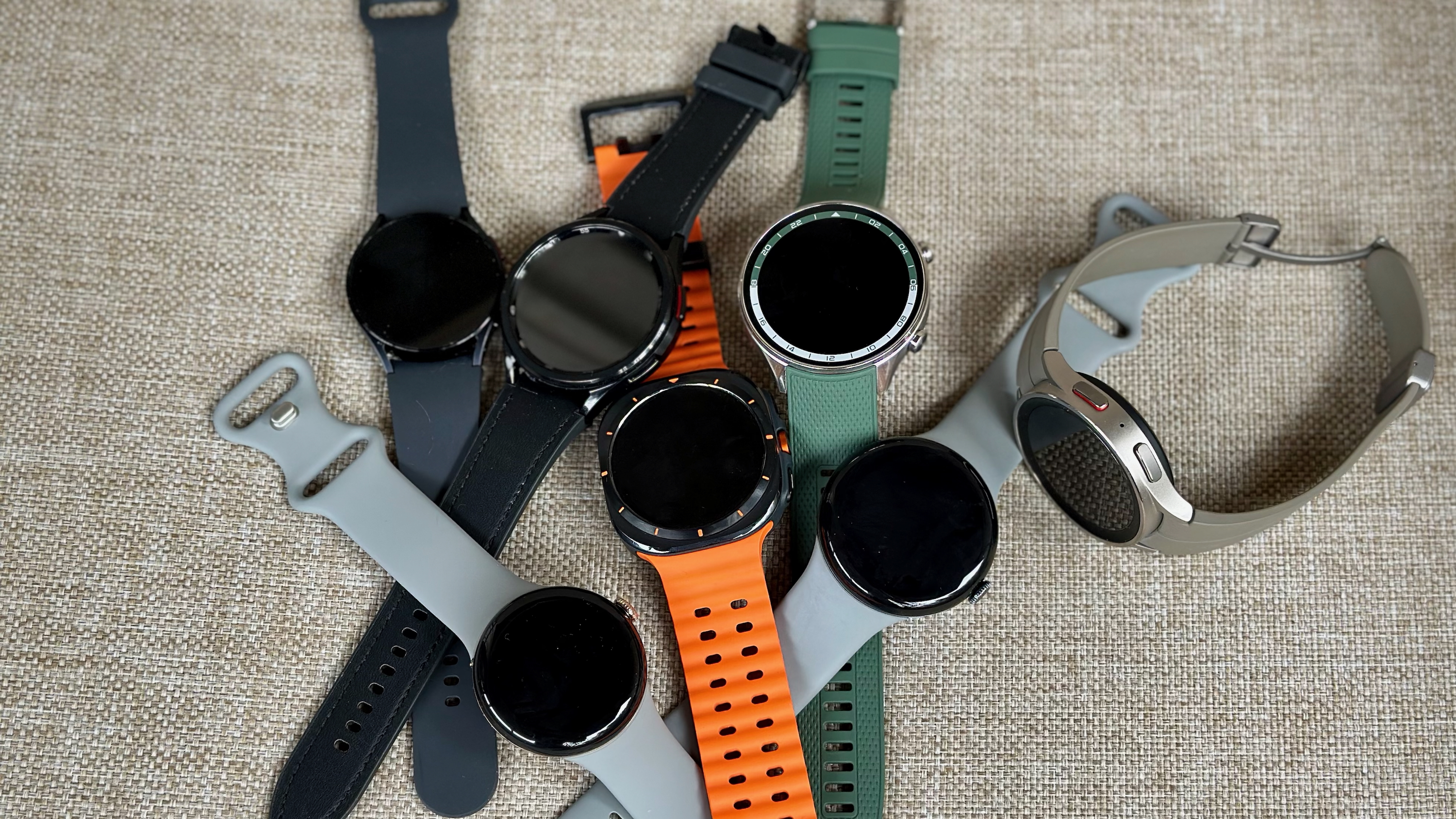
Not one of the above is for certain, however I a minimum of have proof or strong causes for speculating. Now I will throw out my 2025 Put on OS predictions that are not based mostly on something besides vibes:
I will not be stunned if one other Android OEM makes a Put on OS watch. Motorola, which as soon as offered the Android Put on-based Moto 360 however now focuses on finances Moto OS trackers, looks like a potential candidate.
I am additionally nervous about slower Put on OS updates in 2025. Admittedly, this has been an issue since Put on OS 3, however I am nervous that manufacturers like Mobvoi will actually wrestle with Put on OS 5 and hold promoting Put on OS 4 watches within the interim. And with Put on OS 6, the hole between when new and last-gen watches get it might be even wider.
We may very properly see the primary Put on OS watch with Masimo well being sensors, although it is potential that the {hardware} will not be prepared to include into watches till after 2025.
Lastly, I will exit on a limb and guess that Google will make Fitbit accessible on all Put on OS watches in 2025. Even when it means shedding that exclusivity for Pixel Watches, the info payoff can be value it for them.